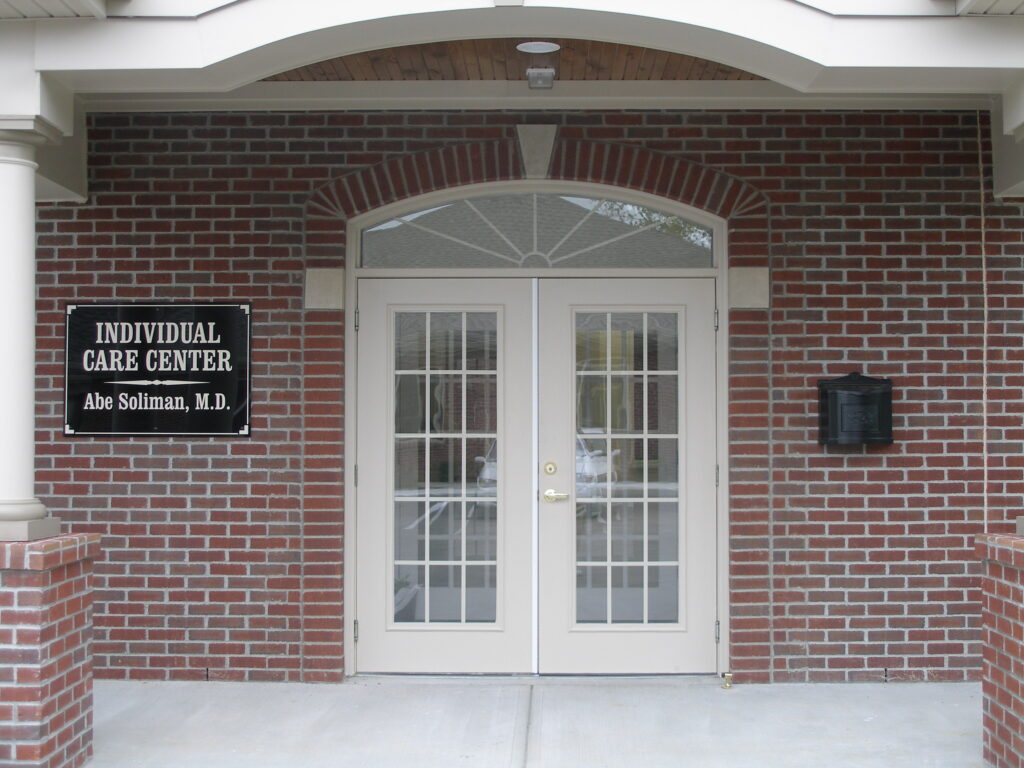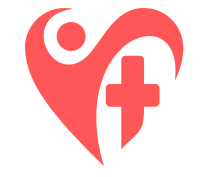
Do you or someone you care about rely on prescribed pain medicine, alcohol, or other substances to get through the day? Consider the following questions*:
- Do you ever feel the need to cut down on your drug use?
- Do you find yourself giving up activities in order to use drugs?
- Are you spending more time on activities in order to get the drugs?
- Are you continuing to use the drugs despite negative consequences?
If the answer to any of these questions is YES, then you or your loved one may suffer from addiction.
*Adapted from APA’s DSM IV
Help is closer than you think at Individual Care Center (ICC). In the privacy of Dr. Abe Soliman’s office, ICC, we understand your need for treatment as well as your need for privacy. ICC offers both outpatient detoxification and medication management. ICC also provides intensive outpatient substance abuse rehabilitation for relapse prevention.
In addition, it is common with clients seeking help for substance abuse problems to have co-existing psychiatric issues such as severe insomnia, depression, and bipolar disorder. Dr. Soliman and his experienced staff will diagnose and treat these disorders as well.
ICC provides the following services:
- Outpatient detoxification from Opiates (Methadone, Oxycontin, Vicodin, Lortab, Hydrocodone, Percocet, and all Painkillers)
- Outpatient detoxification from Alcohol, Benzodiazepine (Klonopin, Xanax, Valium and Ativan)
- Outpatient detoxification from other substances
- We prescribe Buprenorphine (Suboxone, Subutex), Antabuse, Vivitrol and Campral.
- We diagnose and treat coexisting depression, anxiety, insomnia, and other psychiatric disorders.
- We also prescribe all psychiatric medications as clinically indicated
- Risk assessment for legal purposes (Administrative fee applies)
- Outpatient counseling
- Intensive outpatient group therapy for substance abuse rehabilitation.
- Family, Group and Individual Counseling.
- Identify triggers for relapse and explore alternative behavior to help patients stay sober.
- ICC staff is happy to complete health insurance related paperwork for reimbursement of health care costs.
- ICC provides Discreet and Private Drug Detox without interrupting your home & work life.
Outpatient detoxification from Opiates
The first step in sobriety is medical detoxification. During detoxification, the patient is started on a dose of detox medicine to decrease the withdrawal symptoms from the drugs that the patient abused. The dose of the detox medicine is decreased over the next few weeks depending on the patient’s tolerance and vital signs. The patient usually experiences minimal to zero discomfort. Dr. Soliman also adds other comfort medicines to help with insomnia, anxiety and depression.
Patients who have a history of multiple relapses and/or history of chronic pain may require maintenance medication. The patient may take Suboxone or other maintenance medications for an extended time to help with the chronic pain and decrease the risk of relapse.
Suboxone is:
- A new approach to opiate dependency that will allow you to quickly and painlessly return to work and family.
- Suboxone is indicated for detoxification. It is also indicated for maintenance treatment to help decrease cravings for opiates and to relieve chronic pain.
- Confidential, personalized, safe and effective drug detox without hospitalization.
- Call to learn more about outpatient Suboxone treatment, phone 866-693-1454
Same or next day appointments for substance abuse treatment are available most of the time.
Please go to http://www.naabt.org or www.suboxone.com to learn more about Suboxone, chat with other patients in recovery, or find a provider in your area.
You can also go to http://www.turntohelp.com for more information about opiate treatment.
Why Suboxone instead of Methadone?
Suboxone is more suitable for outpatient programs than Methadone. Due to its safety profile and status as a Class III agent, Suboxone can be prescribed in a wide variety of clinic types. Dosing can be provided a few times per week with take-home doses in between. Methadone, on the other hand, can only be given in daily doses and dispensed at special Methadone centers. Other possible advantages include the fact that Suboxone does not produce a “high,” and is safer if an overdose is taken. Its side effects and withdrawal symptoms also appear to be milder than those for Methadone.
Outpatient detoxification from Alcohol, Benzodiazepine
The first step in sobriety is medical detoxification. During detoxification, the patient is started on a dose of detox medicine to decrease the withdrawal symptoms from the drugs that the patient abused. The dose of the detox medicine is decreased over the next few weeks depending on the patient’s tolerance and vital signs. The patient usually experiences minimal to zero discomfort. Dr. Soliman also adds other comfort medicines to help with insomnia, anxiety and depression.
Same or next day appointments for substance abuse treatment are available most of the time.
After the completion of alcohol detoxification, most patients will continue to have severe alcohol cravings, which is a main trigger for relapse. There are three approved medications to help decrease the potential for relapse and ensure a successful recovery. Those medications work on the reward centers in the brain to decrease the urges to drink. The patient will also be required to attend a rehabilitation program to help him change his rituals and daily activities that were geared towards drinking.
Medication approved for alcohol cravings include:
Vivitrol® http://www.vivitrol.com. Vivitrol is a once-a-month injection that decreases the craving for alcohol for the entire month. The patient does not have to worry about missing his dose or taking his medicine when going out of town. It is covered by most insurance. Dr. Soliman was the first in Ohio to provide Vivitrol to his patients, and administers the highest number of Vivitrol treatments in the state. Dr. Soliman was one of the first physicians in the U.S. to offer Vivitrol and currently ranks number ten in Vivitrol use in the country.
To find a provider in your area that prescribes Vivitrol, please go to www.liveoutsidethebottle.com.
Naltrexone (Revia®) is the active ingredient in Vivitrol and was approved for alcohol treatment in 1994 and opiate treatment in 1984. It is now available in a generic, oral tablet form.
Acamprosate (Campral®) http://www.campral.com/ , is now available to treat alcoholism. Campral works by acting on the brain chemicals that cause irritability and agitation after a patient stops drinking alcohol. These symptoms at times persist for several months and Campral can be taken for up to a year after cessation of alcohol. Campral is a tablet that is taken by mouth three times a day.

